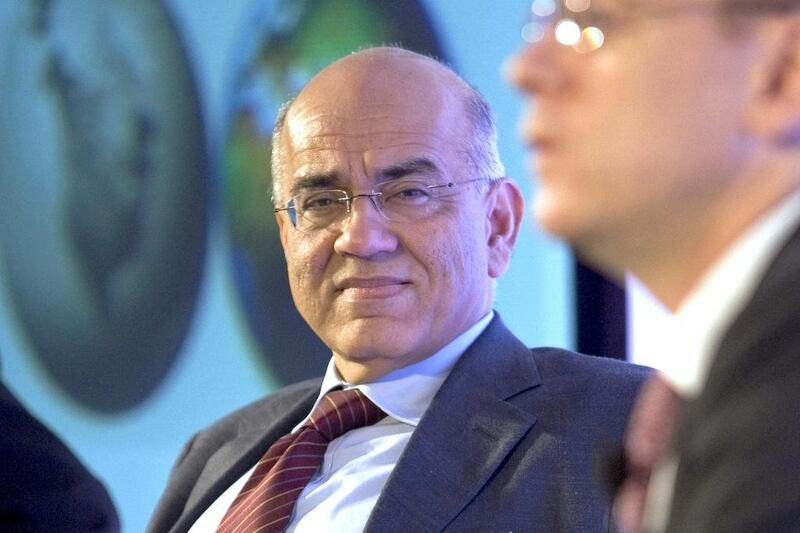The IMF may raise its economic growth forecasts for the UAE this year, helped by a rebounding Dubai economy.
The fund in September predicted GDP growth of 4 per cent.
“When you look at the most recent data that has come in, including data for Dubai for the first six months of the year, those figures are showing relatively high growth rates for Dubai … which is just under 5 per cent,” said Masood Ahmed, the director of the Middle East and Central Asia department, said. “Im sure this will feed through into the end of year numbers for the UAE as a whole and will end up being revised upwards.”
Dubai is recovering from a 65 per cent decline in property prices. Home values rose 22 per cent in the second quarter from a year earlier, the broker Knight Frank said in September.
The emirate’s rebounding property market, combined with a strong performance in trade, manufacturing, transport and finance, liftedits GDP to more than 4 per cent in the first half of the year, Mr Ahmed said.
Dubai’s booming economy has been reflected in the emirate’s stock market, where shares listed on the Dubai Financial Market General Index have surged more than 80 per cent this year.
Higher oil prices and movement of assets from revolution-stricken Arab countries to the UAE have boosted the Emirates’ economy.
The governments of the UAE and wider Gulf region have increased their spending in response to requirements at home and abroad.
“The point we have been stressing, is that the expenditure of many countries in the Gulf have been rising rapidly and break-even prices for oil, which is the price where their budgets are balanced, have risen,” Mr Ahmed said.
“Some countries – such as Bahrain for example – are already in deficit. So they need to build more resilience into their budgets and make sure they are saving enough for future generations.”
halsayegh@thenational.ae





